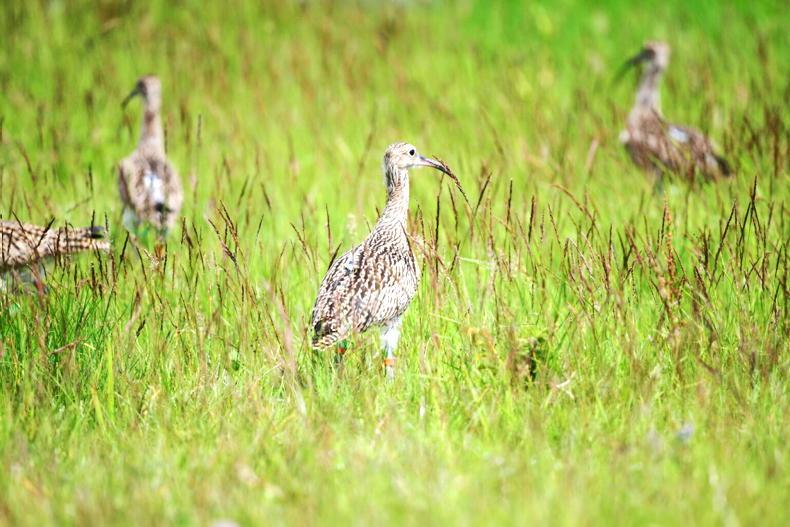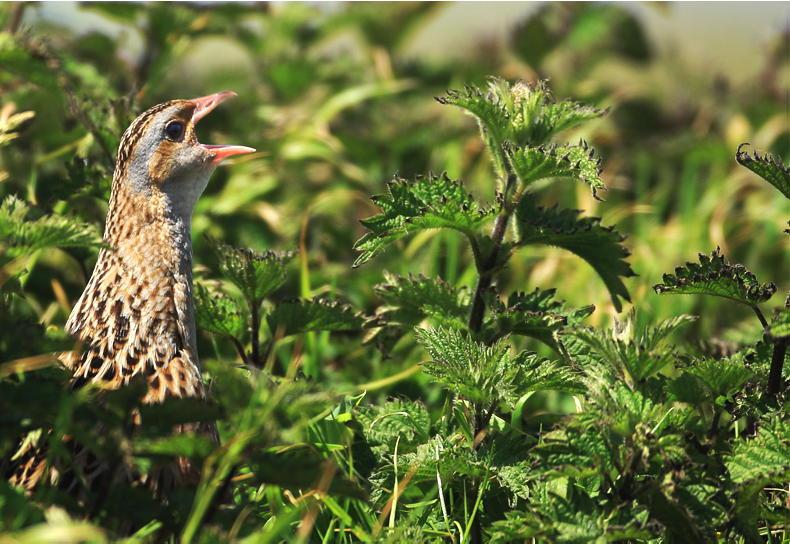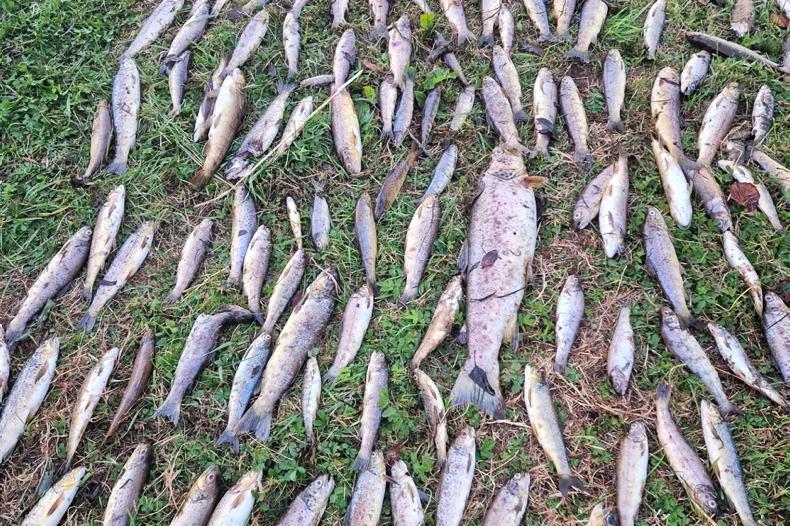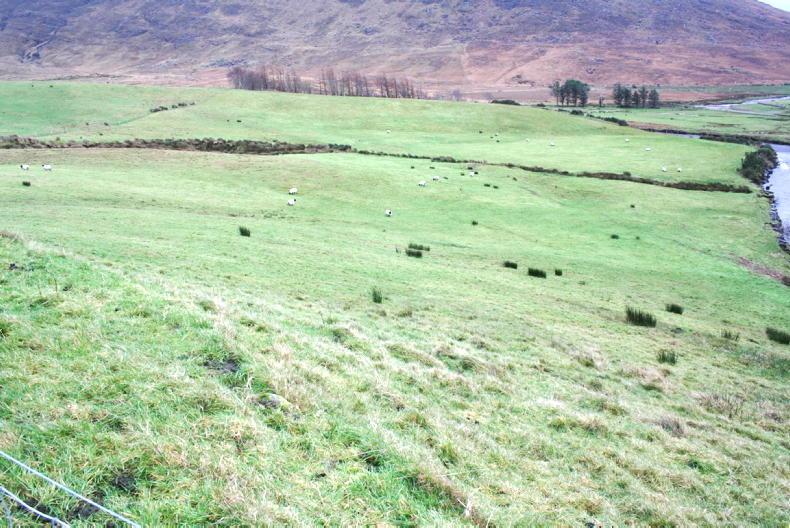A €25m European Innovation Partnership (EIP) project has been announced in a bid to help conserve waning populations of breeding waders.
The Breeding Waders EIP is to be led by Irish Rural Link and funded through the National Parks and Wildlife Service (NPWS) and the Department of Agriculture
The project will see farmers paid for rolling out “practical” conservation measures at key sites and to support a recovery in breeding wader numbers by managing habitats.
Michael Martyn Agri-Environment, Irish Wildlife Services, the Hen Harrier Project, ATU, UCD, the Zoological Society of Ireland and the Wildfowl and Wetlands Trust are among the project’s partners.
Collaboration
Minister of State Pippa Hackett stated that the scheme will allow “collaborative work with farmers to restore habitats” of breeding waders.
“The central concept of this EIP initiative is to work with farmers and other stakeholders to put innovative solutions into practice,” she said.
“As part of this collaboration with the NPWS and as part of the overall budget of €25m, I am delighted to allocate €7.5m directly to farmers for actions on the ground.
“This co-funding approach is testament to the importance of collaboration across Government departments in tackling biodiversity loss.”
‘Critical numbers’
The NPWS will give ongoing support to the project group’s conservation efforts in addition to the €17.5m in funds it allocated, Minister of State for nature Malcolm Noonan commented.
“Our breeding waders such as curlew, lapwing and snipe are of serious conservation concern and require a significant response, which this project can deliver,” he stated.
“With an investment of €17.5m from the NPWS, this initiative is one of the largest EIP projects to date, enabling us to expand on successful approaches so that we can give these amazing birds the future they deserve.”
Minister for Agriculture Charlie McConalogue added that the project will build on work already undertaken by previous initiatives aimed at conserving breeding waders.
“As we know, lapwing, redshank, curlew and snipe are now reduced to very small and, in some cases, critical numbers in the Irish countryside,” the Minister said.
“Through engaging with farmers to support the implementation of practical conservation actions, I believe that this project will play a significant role in starting to reverse those trends.”










SHARING OPTIONS